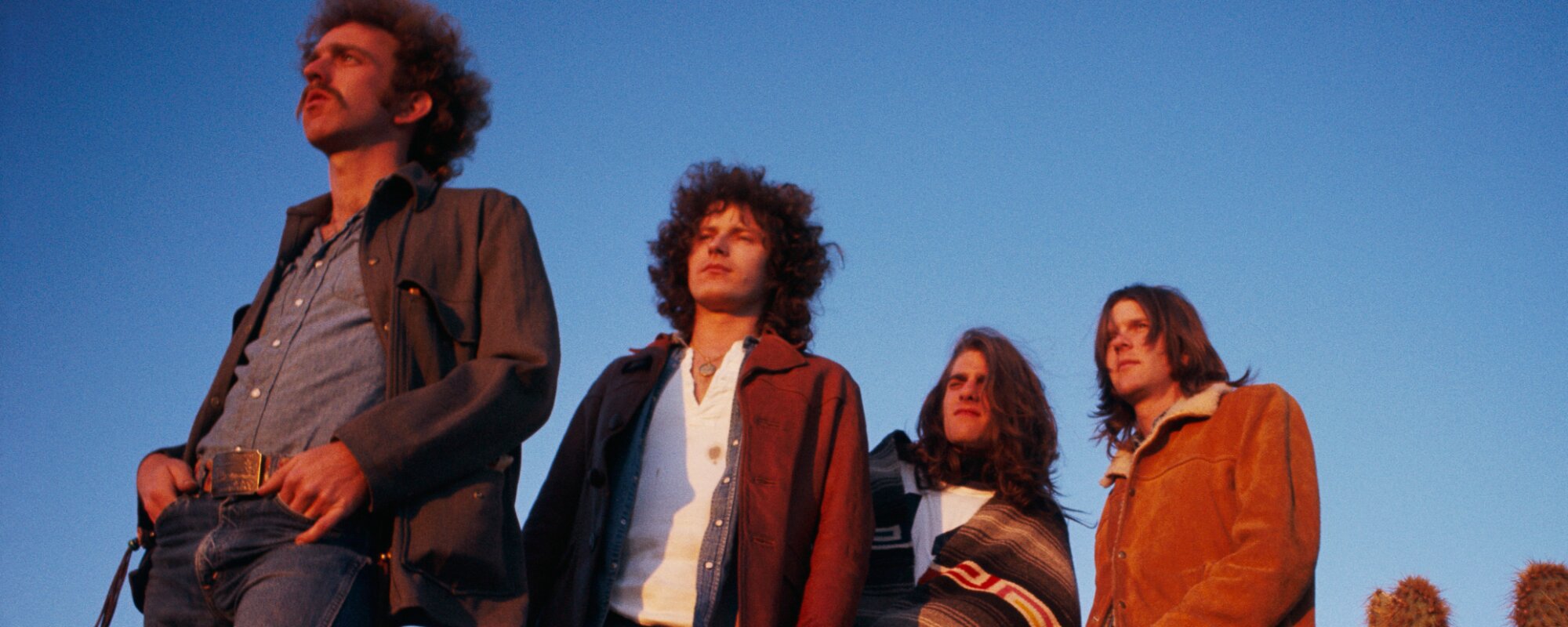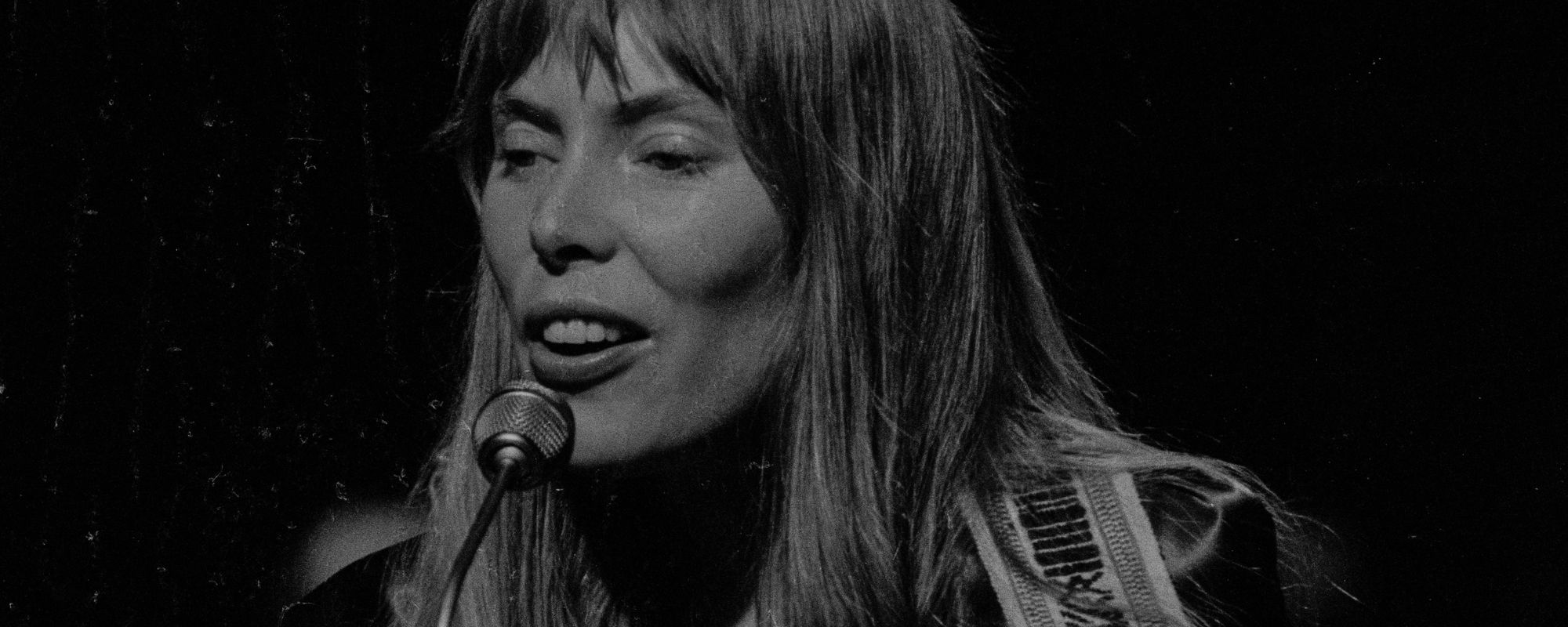Timing can be a fickle thing in the music industry, which would explain why a pioneering folk icon left this world just as his prolific catalogue was reaching a brand new audience. Prior to the singer-songwriter’s death, folk and “hillbilly” music wasn’t as en vogue as, say, jazz, blues, or rock ‘n’ roll. The 1960s folk revival changed that, bringing this kind of music to the forefront of the national zeitgeist as the country saw rampant change, upheaval, and protest.
Videos by American Songwriter
Despite writing what would become the soundtrack for this movement, the songwriter wouldn’t be around to see much of it come to fruition. Woody Guthrie died from complications of Huntington’s disease, the same disease that took his mother’s life, at the Creedmoor Psychiatric Center in Queens on October 3, 1967. The folk music pioneer was only 55 years old when he died.
Social and political songs like “This Land Is Your Land” and “Tear the Fascists Down” would come to define his career and inspire countless musicians who came after him, including Pete Seeger, Donovan, and, perhaps most famously, Bob Dylan. “He was a radical,” Dylan later said. “His songs had a radical slant. That’s what I want to sing. I couldn’t believe that I’d never heard of this man. You could listen to his songs and actually learn how to live.”
Guthrie’s life was brought to the big screen in 1976 in the movie Bound for Glory. Loosely adapted from Guthrie’s 1943 partially fictionalized autobiography of the same name, the film is considered “one of the best-looking films ever made,” according to Film critic Roger Ebert.
The Family Joke That Came From This Pioneering Folk Icon’s Death
Bob Dylan might have believed Woody Guthrie’s songs could teach a man how to live. But according to a tongue-in-cheek family joke the Guthries made up after their pioneering folk icon and patriarch died in 1967, Guthrie’s son, Arlo, could write songs that teach you how to die. By the time Guthrie died at the psychiatric center in Queens, his fourth son, Arlo, was well on his way to becoming a folk icon in his own right. Arlo released one of his most famous songs, “Alice’s Restaurant Massacree”, the same year his father died. Because it wasn’t out yet, Arlo sent acetate pressings for his dad to listen to.
“That’s the family joke,” Arlo explained in a 2005 interview with NPR. “I wrote this in 66 and my dad passed away in 67. The record hadn’t come out. But in those days, we made test pressings out of acetate. My manager, who was my dad’s manager also, took the acetates to the hospital where my dad was and played him the record. Of course, the family joke is he heard the record and died. I can imagine the smile on his face is all I can say because I know he would have enjoyed at least the sense of humor.”
Woody Guthrie’s legacy as a pioneering folk icon lives on today, even decades after his death. Though his career was not spotless or without controversy, his music came to define the genre of folk protest music as a whole. Countless artists still cite the “All You Fascists Bound to Lose” as a major influence, and his music continues to be a backdrop for those seeking political and social equity.
Photo by CBS via Getty Images













Leave a Reply
Only members can comment. Become a member. Already a member? Log in.